The case for multiple intelligences, talents
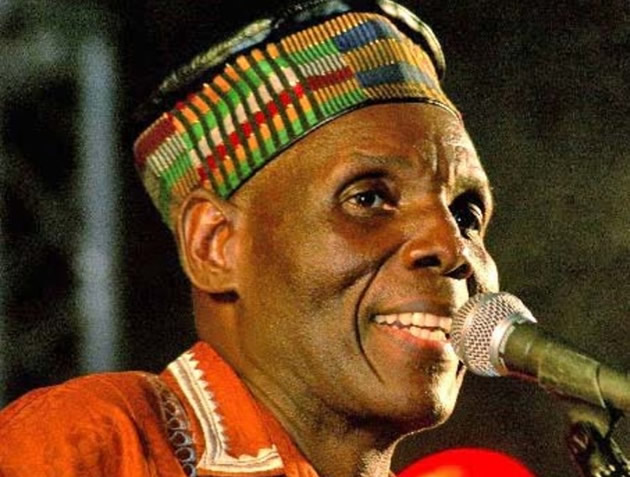

Oliver Mtukudzi
David Mungoshi Shelling The Nuts
When we look at Kirsty Coventry, Daniel Ncube, Oliver Mtukudzi and even Charles Manyuchi — recently honoured with a diplomatic passport for his exploits in the ring — we can see what Howard Gardner, Harvard Professor of Psychology, means by multiple intelligences.
This week readers must allow me the indulgence to acknowledge the traffic surrounding last week’s piece. The article brought out a few instances of ire and some heated observations.
I want to thank everyone who contributed and to assure them that I do know what I am talking about, having taught at primary school in a typical rural setting and having supervised student teachers in numerous rural primary schools around the country.
I have also been a resource person at many workshops on pedagogy and syllabus interpretation, in addition to being a materials writer with the Curriculum Development Unit. I do, therefore, feel that I am more than eminently placed to think aloud on matters of relevance.
That said, I am happy that we are talking about these things and that there are many who recognise what I was talking about when it comes to homework and the shenanigans surrounding it.
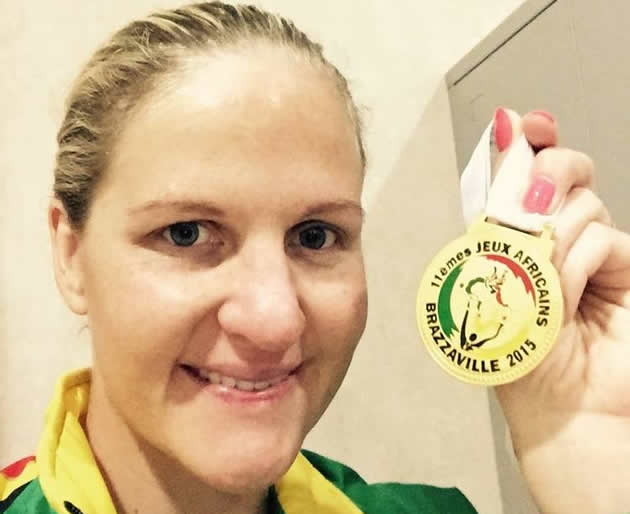
Kirsty Coventry
In a recent interview with Tinashe Kusema of The Sunday Mail, Kirsty Coventry had this to say about her experiences at school as a dyslexic child at the mercy of school ground bullies:
“I was diagnosed with dyslexia at a very young age and found learning to be a big challenge. I had to work hard to get what appeared to be average grades for others, as a result of my condition myself struggling with self-confidence and making friends, and I was bullied quite a lot at school.”
I’m betting that not too many people know what dyslexia is or what it isn’t. Whatever we may think it is or is not, one thing must be made straight at the outset; a dyslexic person is neither unintelligent nor lazy.
It is also a myth to talk about poor vision in dyslexics. That said, what then is dyslexia? According to Emily Lapkin dyslexia is a common condition that affects the way the brain processes written and spoken language.
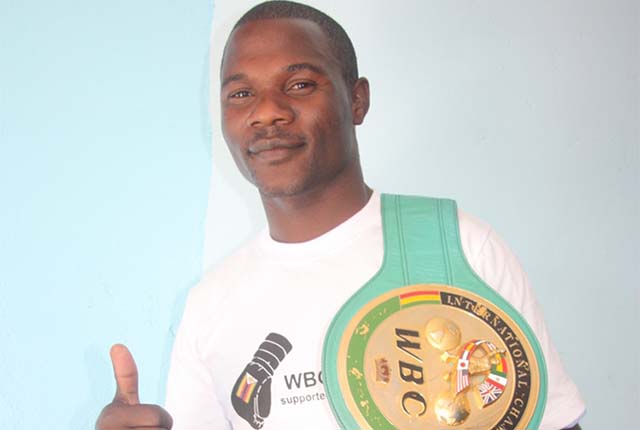
Charles Manyuchi
For this reason, dyslexia is primarily associated with trouble in reading. Although some doctors, specialists and educators refer to it as a “reading disorder” or a “reading disability”, it can also affect writing, spelling and even speaking!
Nevertheless, dyslexia does not hamper the understanding of complex ideas. It’s just that sometimes people with dyslexia need more time to work through what they read. Alternative information-processing facilities and techniques can also be of help, for example, listening to an audiobook instead of reading it.
There are many examples of people with dyslexia in successful careers in business, science and the arts. How did Kirsty overcome the hurdle of dyslexia? She says without affectation, “However, whenever I got into the water, everything became right with the world. I excelled at it very early and found myself getting more and more confident each time I swam well.”
As they say, the rest is history.
A son of an aunt of mine was excellent at arithmetic but not so gifted in other disciplines, so at the end of primary school in Standard Six he was awarded a miserly Grade 4 pass despite his distinction in arithmetic. In those days only the top 13 percent in what were called African schools went to Form One.
The rest entered the labour market or began a life in the reserves (now our communal areas) where they wallowed in arrested development and deferred gratification. So this son of my aunt, rejected by the system, had to think of other things to do.
Surprise of surprises! His mathematical aptitude and sustained interest carved a career path for him that saw him live a comparatively comfortable life in town with a steady job and a house of his own. He became a draughtsman and could conjure up amazing pieces of architectural designs. But how easy it had been to dismiss him as a no-hoper!
Then there was Daniel Bingandade or Daniel “Dididi” Ncube a renowned football striker who hit the big time at Dynamos. We went to the same primary school and even then he was a fearsome forward whom we could always count on to bang in the goals.
Academic work was not his cup of tea and having been quick to realise this he was soon a star at a Bulawayo team called Eastlands where he cut his teeth in big time football. It was only a matter of time before the boys noticed him, and notice him they did.
Dididi, a nickname I suspect he got from the sound of his heavy feet on the ground as he ran amok among the bemused centre backs of rival teams, was soon a household name everywhere, scoring goals like they were twenty to the dozen.
He was part of that mighty Dynamos side that humbled South Africa’s Orlando Pirates at Rufaro Stadium in 1976 and won the champion of champion cup that clubs in South Africa and Rhodesia then competed for. To this day Dynamos fans remember Dididi with affection and definitely miss his prowess on the field.
In the seventies, John Nyathi, the lead guitarist of The Sparks was reputed to be among the very few people in Rhodesia who could play a twelve-stringed guitar.
He was so good that when Eartha Kitt, the American jazz singer who undertook a controversial visit to Apartheid South Africa and Rhodesia shared the stage with him she said she was taking him to the US with her. And that was how John Nyathi joined the Berklee College of music. Simangaliso Tutani, another jazz maestro, also went to Berklee.
It’s a different story for Oliver Mtukudzi.
Talking to the Daily News some time ago Tuku said he regretted the time he spent doing academic studies although he was not inclined in that direction. In the interview after another of his world tours, Tuku said he thought he could have achieved a lot more had he just been doing music at school.
What he was saying is that the curriculum is too restrictive and that when this is put together with the attitudes of the communities, it means that people look down on artistes.
When we look at Kirsty Coventry, Daniel Ncube, Oliver Mtukudzi and even Charles Manyuchi — recently honoured with a diplomatic passport for his exploits in the ring — we can see what Howard Gardner, Harvard Professor of Psychology, means by multiple intelligences.
Gardner defines intelligence as a “biopsychological potential to process information that can be activated in a cultural setting to solve problems or create products that are of value in a culture.”
There is no denying that Kirsty has done this consistently. She has put swimming on the map in Zimbabwe and now there are many aspiring Olympians with their eye on the water. Tuku is a priceless musical export whose contribution to Zimbabwe’s GDP is likely to be significant. In Charles Manyuchi we have a Silver Class World Boxing Champion and suddenly boxing seems to be awakening from its slumber.
Gardiner’s paradigm means that the curriculum should cater for all types of intelligence. He identifies eight (8) multiple intelligences and these are; linguistic, logical-mathematical, bodily-kinaesthetic, visual-spatial, musical, interpersonal, intra-personal and naturalist intelligence.
It is possible to start thinking and acting along the lines suggested by Gardner in line with the multiple intelligences of each child. Multiple intelligences are present in everyone in different combinations.
Teachers and parent-learning-coaches should, as a matter of course, know what each child has in terms of “dominant” multiple intelligences. This helps guide children into what is optimal for them in accordance with the maxim: “Doing what we do best is best at all times”.
So, let the teachers teach and the parents coach. This way the children will, in time, take up activities they consistently excel in and enjoy, with dividends galore.
David Mungoshi, an applied linguist, a qualified primary school and secondary schoolteacher and taught for many years in teacher education and at university. He is an award-winning writer and a published poet.




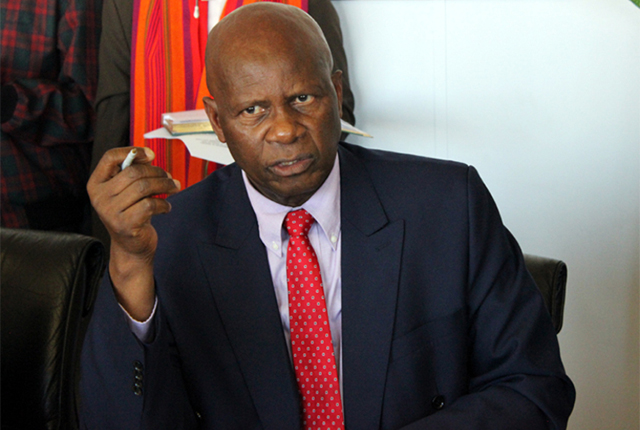
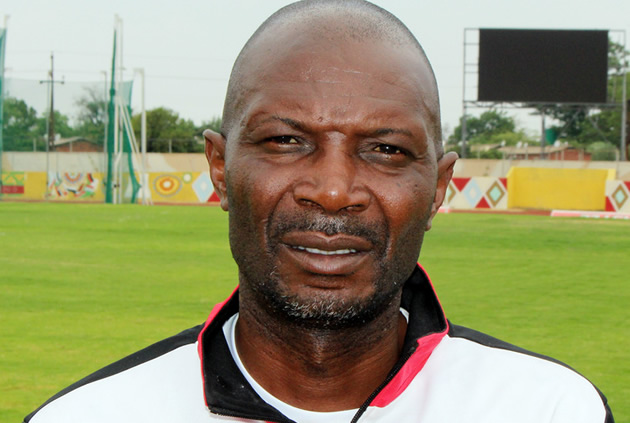




Comments